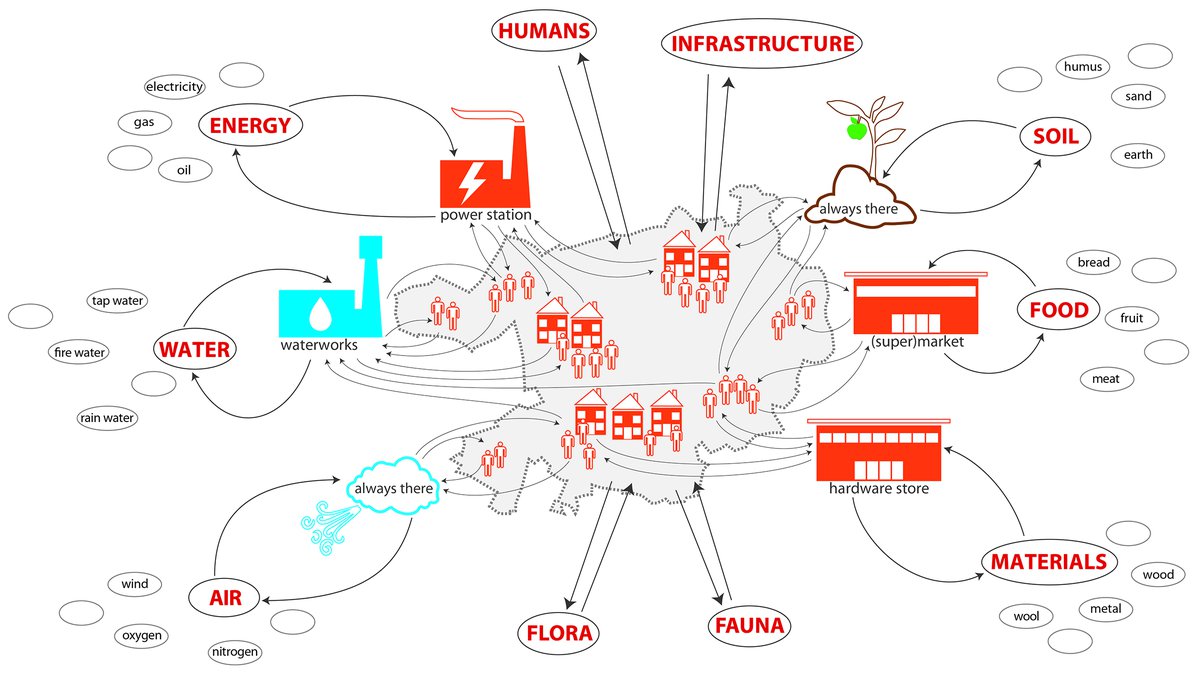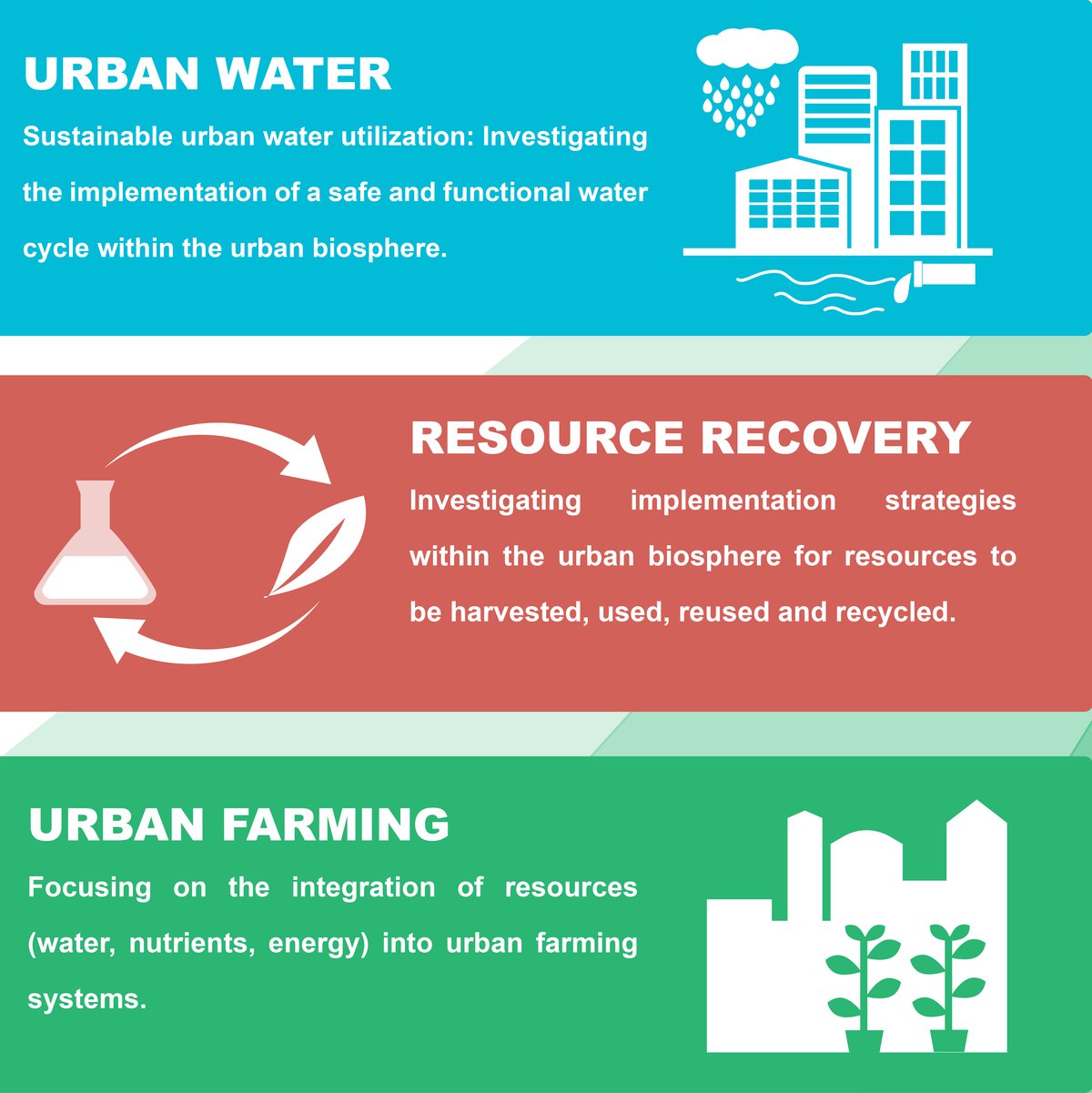COST Circular City (2018-)
Katrin and André represent Great Britain in Europe's longest-standing research network COST Action. The project is fully titled The Circular City: Implementing nature-based solutions for creating a resourceful city and will run over 4 years.
Main aim and objective of the Action is to build an interdisciplinary platform for connecting city planners, architects, system designers, economists, engineers and researchers from social and natural sciences to develop nature-based solutions in the urban landscape that facilitate circular economies based on the 3Rs (Reduce, Reuse and Recover).
Main aim and objective of the Action is to build an interdisciplinary platform for connecting city planners, architects, system designers, economists, engineers and researchers from social and natural sciences to develop nature-based solutions in the urban landscape that facilitate circular economies based on the 3Rs (Reduce, Reuse and Recover).

Resource streams in the circular city. This diagram, drawn for the participatory PHVision project in Heidelberg, shows how food and the food system are located as part of other resource streams. (image: Katrin Bohn with Rachel Shotliff 2016)
Nature-based solutions (NBS), especially Green Infrastructure, are currently introduced into urban landscapes worldwide to better cope with challenges cities are facing. These challenges are, f.e., urban heat islands, flooding, treatment of waste- and runoff waters from different origins and food provision. Whilst NBS offer a range of ecosystem services beneficial for the environment, they are often built without considering the system’s perspective. They thus can only fulfil a single function with little consideration for their recovery potential, f.e., of waste and water or their positive symbiosis with other systems.

Three aspects of the urban metabolism - water, food, resource recovery - will be linked to the built environment. (image: COST Action Circular City)
The main outcome of the project will therefore be a guideline on combined nature-based solutions and circular economy possibilities within the urban environment to enable cities to better cope with future challenges.
In order to achieve this, the participants from all EU countries plus some international guests meet regularly - since the outbreak of Covid-19 online - for workshops and discussions and publish and disseminate their findings in academic as well as social media.
In order to achieve this, the participants from all EU countries plus some international guests meet regularly - since the outbreak of Covid-19 online - for workshops and discussions and publish and disseminate their findings in academic as well as social media.
A short explanation of the aims of the project in several languages (video: COST Action Circular City)
COST CIRCULAR CITY
location: Europe
dates: 2018 — 2022
client: The European Commission, COST Action
funding: The European Commission
B&V team: This is a project by B&V and the University of Brighton. For B&V: Katrin Bohn, André Viljoen
collaborators: researchers and practitioners from all EU countries / international guests to the project
Links:
the project’s own website / facebook / twitter / project news on our blog Productive Urban Landscapes
location: Europe
dates: 2018 — 2022
client: The European Commission, COST Action
funding: The European Commission
B&V team: This is a project by B&V and the University of Brighton. For B&V: Katrin Bohn, André Viljoen
collaborators: researchers and practitioners from all EU countries / international guests to the project
Links:
the project’s own website / facebook / twitter / project news on our blog Productive Urban Landscapes










